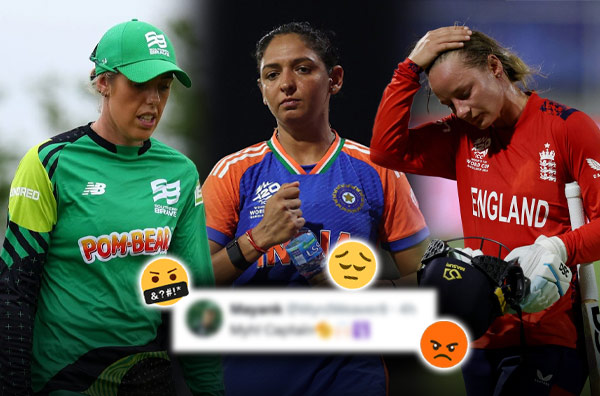In a pioneering move to protect athletes from online abuse, the International Cricket Council (ICC) launched an innovative social media moderation initiative, which revealed that around 20% of comments on players’ or teams’ social media profiles are harmful or spam related.

During the Women’s T20 World Cup held in the UAE, the ICC utilized an advanced AI-based tool developed by tech company GoBubble, designed to monitor and filter abusive content online.
This AI tool operates through a dual-layered process: it screens offensive language and spam in various languages, adapting to the unique needs of each player. For example, it can filter out references to specific incidents used for harassment and blocks irrelevant spam, such as cryptocurrency ads, to ensure a better fan experience.
This system scanned nearly 1.5 million comments across 68 accounts (60 individual players and eight teams), detecting over 270,000 instances of racist, sexist, homophobic, and other harmful content. Players and teams have voluntarily opted into the initiative, which aims to shield athletes from the increasing wave of online hostility, particularly as women’s cricket continues to gain traction on social media.
“One of the objectives of the ICC is to look at ways in which we can inspire as many women and girls to play cricket as possible. We heard the stories from a lot of women and girls, unfortunately, once they become a bit more public, the abuse that they get online can be really inhibiting,” said Finn Bradshaw, the ICC’s Head of Digital.
Bradshaw highlighted that online abuse has serious mental health implications, particularly for aspiring athletes. The ICC hopes this tool will help mitigate these challenges, encouraging more young girls to embrace cricket without fear of online negativity.
The timing aligns with the growing popularity of women’s cricket, driven by new leagues and the expansion of the ICC’s Women’s Future Tours Programme (FTP), which will feature 11 teams and over 100 additional matches. As women’s cricket attracts more attention, the ICC’s efforts to maintain a safe online environment are essential to sustaining this growth, especially given recent reports underscoring the high levels of harassment female athletes endure online.
South African wicketkeeper-batter Sinalo Jafta has emerged as an outspoken supporter of this AI tool. In the past, Jafta relied on family and friends to help manage negative comments on her social media. With this AI support, she feels more secure sharing her life openly with fans, hoping others feel equally protected. “This layer of protection is important to me because it allows players to connect with fans without the fear of judgment or criticism,” Jafta expressed in an ICC statement.
Jafta and the ICC aim to foster a positive digital space that motivates young athletes. “For players who enjoy social media, we work with them to help express their personalities, which is where fandom truly begins,” Bradshaw explained.
By building a safer online environment, the ICC is supporting women cricketers in sharing authentic moments with fans, strengthening bonds between players and followers.
After the trial’s success, the ICC plans to make this AI tool available for women’s players until 2025, with a possibility of expanding it to male players in the future based on interest.
(Quotes sourced from ESPN)

Loves all things female cricket